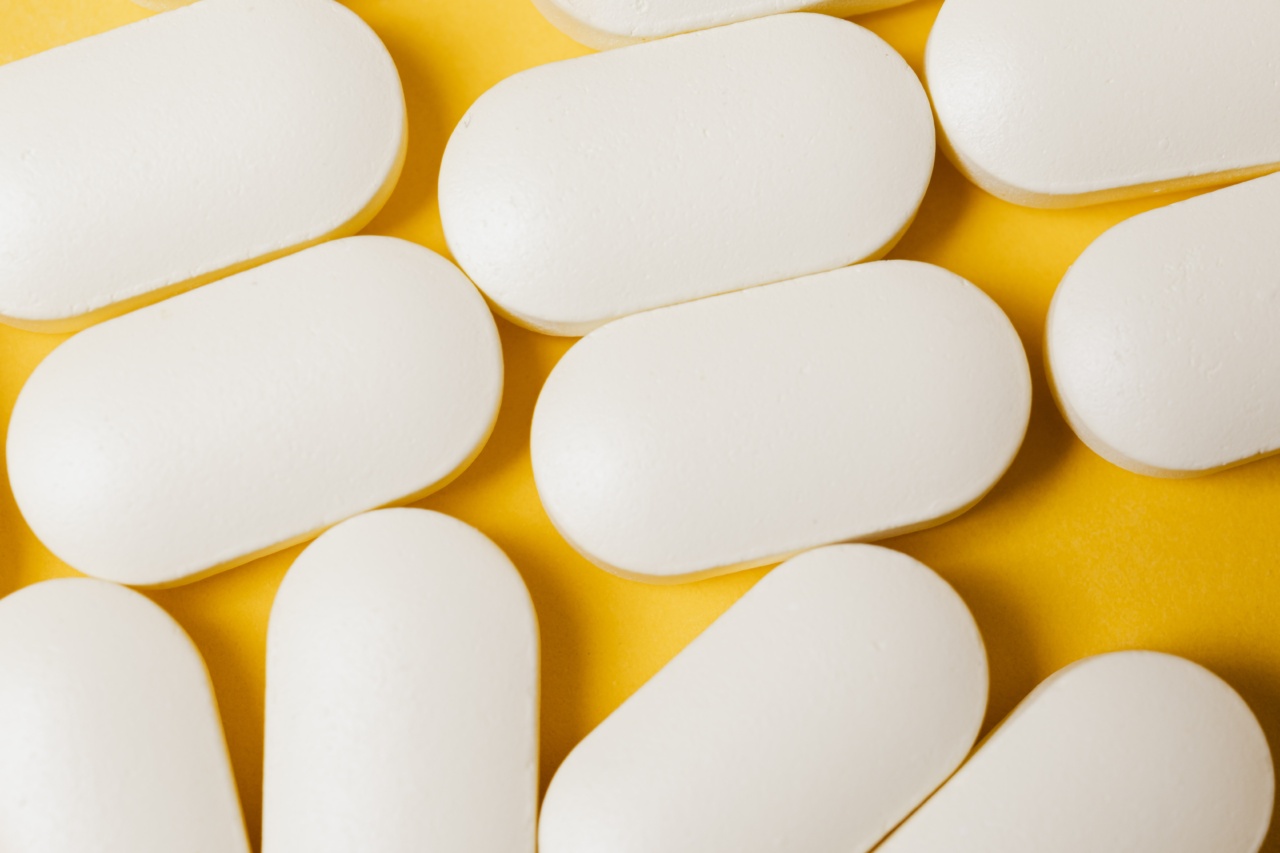A stroke occurs when the blood flow to the brain is disrupted, leading to brain cell damage or death. Stroke survivors often face various physical, cognitive, and emotional challenges that can impact their daily lives.
The risk of stroke recurrence after a first stroke is high, and it is essential to take steps to prevent it. Here are some tips for stroke recovery to prevent a recurrence.
1. Manage Your Blood Pressure
High blood pressure is a major risk factor for stroke. If you have high blood pressure, it is crucial to keep it under control.
You can manage your blood pressure by adopting a healthy lifestyle, including a diet low in salt and saturated fat, regular exercise, and limiting alcohol consumption. If lifestyle changes alone do not lower your blood pressure, you may need to take medication prescribed by your doctor.
2. Quit Smoking
Smoking increases the risk of stroke and other cardiovascular diseases. Quitting smoking is one of the best things you can do for your health. It can improve your overall health, reduce your risk of stroke recurrence, and improve your quality of life.
If you need help quitting smoking, talk to your doctor or a smoking cessation specialist.
3. Maintain a Healthy Weight
Being overweight or obese increases your risk of stroke. Maintaining a healthy weight can help lower your risk of stroke recurrence.
It is vital to adopt a healthy lifestyle that includes a nutritious diet and regular exercise to maintain a healthy weight.
4. Follow Your Treatment Plan
After a stroke, your doctor may prescribe medication, therapies, and lifestyle changes to help prevent a recurrence. It is essential to follow your treatment plan as prescribed by your doctor.
Missing doses of medication, skipping therapy appointments, or ignoring lifestyle changes can increase your risk of stroke recurrence. If you have concerns or questions about your treatment plan, talk to your doctor.
5. Exercise Regularly
Regular exercise can help reduce your risk of stroke recurrence and improve your overall health. Exercise can also help improve your mobility and balance, which can be affected by stroke.
Discuss your exercise plan with your doctor, who can recommend safe exercises based on your health condition.
6. Manage Your Stress
Stress can have adverse effects on your physical and mental health and can affect your recovery after a stroke. It is essential to manage your stress to prevent a recurrence.
Some stress management strategies include exercise, meditation, deep breathing, yoga, and talking to a therapist.
7. Stay Socially Active
Social isolation can lead to depression, anxiety, and other health problems that can affect your recovery after a stroke. Staying socially active can improve your mental health and provide a support system that can help you through the recovery process.
Consider joining support groups, volunteering, or participating in activities that interest you.
8. Monitor Your Symptoms
It is essential to be aware of the signs of a stroke recurrence and seek medical attention promptly if you notice any symptoms.
Common signs and symptoms of a stroke include sudden weakness or numbness in the face, arm, or leg, sudden trouble speaking or understanding speech, sudden confusion or trouble seeing in one or both eyes, sudden severe headache with no known cause, and dizziness or loss of balance. If you experience any of these symptoms, call emergency services right away.
9. Eat a Healthy Diet
A healthy diet can help lower your risk of stroke recurrence and improve your overall health. A nutritious diet should include whole grains, fruits and vegetables, lean protein, and healthy fats.
Avoid foods high in saturated and trans fats, added sugars, and salt.
10. Get Enough Sleep
Getting enough sleep is essential for your overall health and well-being. Sleep deprivation can increase your risk of stroke recurrence and other health problems.
Aim for seven to eight hours of sleep each night, and establish a regular sleep-wake cycle by going to bed and waking up at the same time each day.































